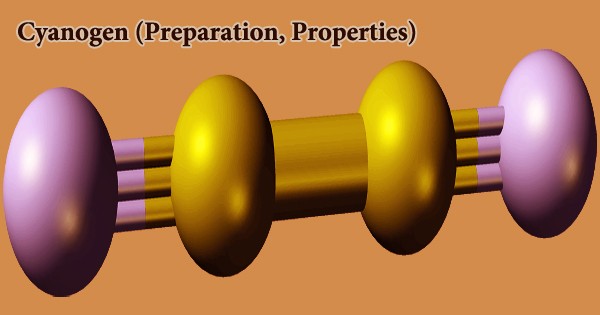Code of Civil Procedure
Pleadings
The concept of “Pleadings” is an important subject matter of CPC. It shall mean ‘plaint’ or ‘written’ statement’. A civil suit starts with the presentation of plaint and for the purpose of defending the defendant submits the written statement order VI, Rule 1 in this regard stipulates that pleadings. In other words, the plaintiff’s pleading is his plaint and the defendant’s pleading is his written statement.
Object of Pleadings: – The objects of pleadings are as follows:
1) to bring parties to definite issues
2) to enable the parties to determine the testimony which would be required at the hearting
3) to diminish expenses
4) to prevent delay
5) to prevent one party from taking the other by surprise at the time of hearing.
6) to prevent miscarriage of Justice.
Essential Ingredients of Pleadings: – Rule 2 of Order 6 of CPC provides following as to the ingredients of pleadings.
1) Pleading should state facts and not law
2) The facts should be material facts
3) Pleadings should not state the evidence
4) The facts should be stated in a concise for.
5) Dates, sums and numbers shall be expressed in figures.
6) Names of parties should be consecutive members and a separate line should be allotted to the name and description of each person.
7) Pleading or petition shall be written legibly and Bengali dates should be followed by corresponding English dates.
8) Pleadings and petitions shall be signed by the person writing or typing stating the capacity in which he writes or types and if he is the registered clerk of an advocate, his registered number.
Forms of Pleading:
Rule 3 of Order VI of CPC provides the forms of pleading. The forms in Appendix A when applicable, and where, they are not applicable, and where they are not applicable forms of the like character, as nearly as may be, shall be used for all pleadings.
Amendment of Pleadings:
A civil suit starts with the presentation of plaint and for the purpose of defending the defendant submits his written statement. Order VI, Rule 1, in this regard stipulate that by pleading is meant only the plaint and written statement.
The Law relating to pleadings requires that all material facts and necessary particulars must be stated in the pleadings. But because of mistake or inadvertence or subsequent developments or to meet the case made out by the opponent, the need for amendment of pleadings may arise. The object of the rule is that the court should try the merits of the case that came before it and should consequently allow all amendments that may be necessary to determine the real question in controversy between the parties, provided it does not cause injustice or prejudice to the other side.
Leading Case: Managing Committee, NMC Model High School Vs Obaidur Rahman, 31 D L R (A D) 133
Conditions of amendment of Pleadings: – Following conditions are to be full filled for the grant of amendment of pleadings:
1) that the amendment is necessary for the resolution of disputes between the parties.
2) that there exist to possibility from the amendment to be harmful to anyone of the parties.
3) that the time, which is needed for the amendment would not cause damage to any legal right of the defendant.
4) that the amendment does not in any way lead to any new proceeding.
5) that there must exist bona – fide belief on the part of the person who comes for the amendment.
Illustrations:
A being threatened to be dispossessed from his inherited property by B field A suit against B claiming in his plaint declaratory decree and permanent injunction relating to such property. Afterwards, during the continuation of suit, A lost the right of possession by B. And then, he wanted to add that matter in the plaint and the court granted it. This is considered as the amendment of plaint. Likewise, written statement can also be amended.
In fine, it can be said that pleadings have play an important role in CPC.
Continue—————
The Code of Civil Procedure 1908 Lecture-01
The Code of Civil Procedure 1908 Lecture-02
The Code of Civil Procedure 1908 Lecture-03
The Code of Civil Procedure 1908 Lecture-04
The Code of Civil Procedure 1908 Lecture-05
The Code of Civil Procedure 1908 Lecture-06












